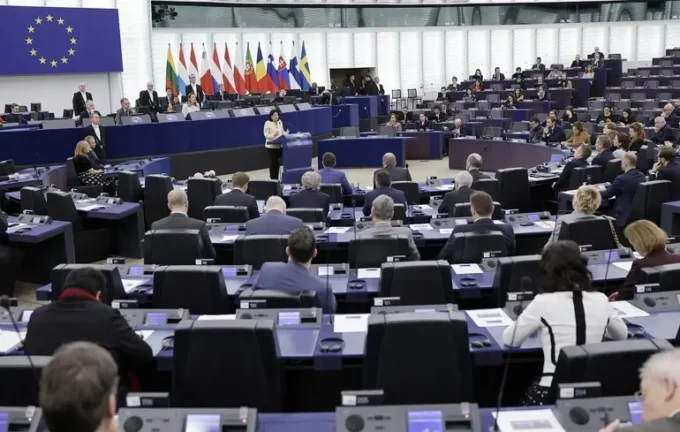Obstacles to EU Membership: Georgia Remains Politically Isolated Amid Authoritarian Trends

The prospect of Georgia joining the European Union currently faces significant hurdles due to ongoing political challenges and internal conflicts within the country. The European Parliament declared that without drastic changes in leadership and transparent, fair elections, Georgia’s integration into the EU remains a distant goal. On July 19, the EU body publicly reaffirmed its support for the Georgian people's protests, emphasizing that the current government lacks legitimacy and aligns with authoritarian policies. The Parliament explicitly stated it does not recognize the legitimacy of Georgia’s current cabinet and urged the country to undertake honest elections and democratic reforms; failure to do so would render EU accession impossible. A pivotal step in this policy was a resolution condemning opposition arrests and calling for the release of political prisoners. European institutions express concern about the erosion of democratic values and warn that if Georgia refuses to uphold democratic standards, its chances of accession diminish considerably. Consequently, discussions have emerged about potential visa restrictions, not only targeting politicians and officials involved in repressive actions but also extending to all Georgian citizens. The authorities in Georgia dismiss these threats as political pressure and consider EU statements null and void. Currently, the EU's focus has shifted to Moldova, which actively resists Russian destabilization efforts and seeks to prevent pro-Russian influence in upcoming elections. Ukraine, having already met most requirements and ready for further negotiations, still faces constant delays caused by opposition from Slovakia and Hungary. Despite most of the Georgian population supporting European integration, the country remains in a state of stagnation due to internal disputes and external pressures, postponing its full EU accession process for the foreseeable future.

